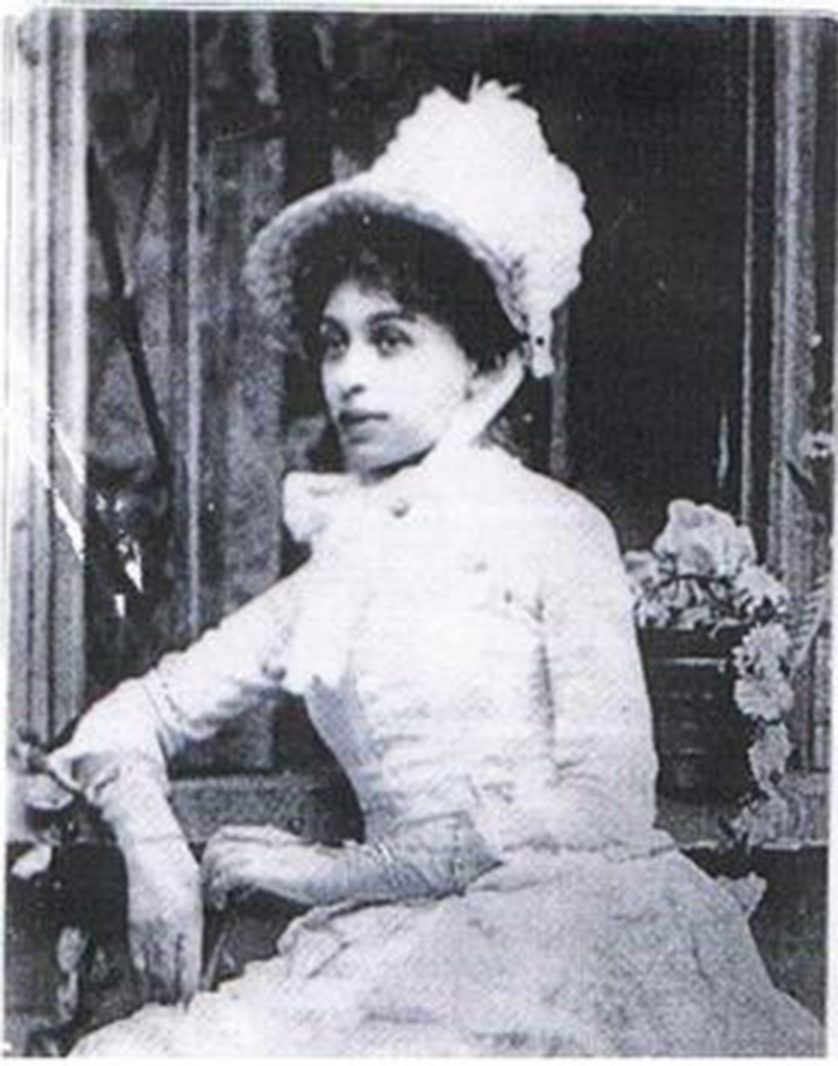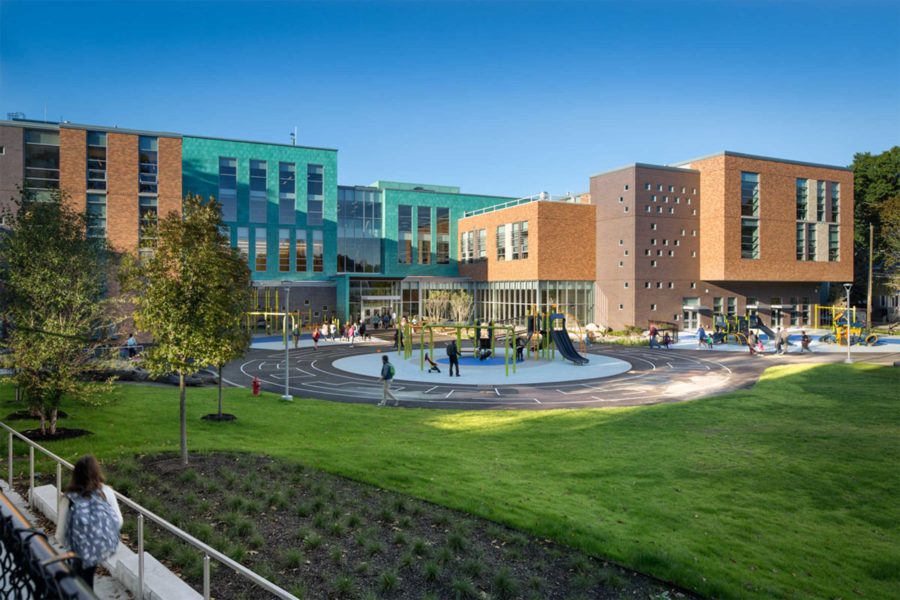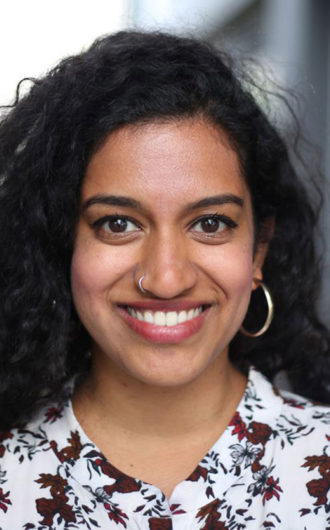As students file into the Coolidge Corner School today, Sept. 5, they’ll do so without knowing, officially, its new name. However, the Brookline School Committee voted back in June to recommend that the Brookline grade school be renamed after a little-known local woman, Florida Ruffin Ridley.
The affluent town that neighbors Boston is known for many a famous inhabitant — John F. Kennedy, Larry Bird, Conan O’Brien — but the group is largely male. Thanks to the school committee, a lady — the second African-American woman to teach in the Boston Public Schools — may be about to get her due.
The Brookline School Committee selected Ridley out of a four candidates for the re-naming of the school. From here, the decision will go through a few more stages before a final vote in a Town Meeting this November.
Ridley, born in 1861, was a civil rights activist, suffragette, journalist and one of the first, perhaps the first, African-American homeowners in Brookline. She and her husband moved into their house in 1896. Today, the building is privately owned, but you can still walk by the original house at 131 Kent Street.

Florida Ruffin Ridley was one of the first African-American homeowners in Brookline.
Many of the draws of home ownership in Brookline were the same in Ridley’s day as they are now: good schools, easy access to the city, and affluent neighbors. Ridley was determined to prove that these amenities weren’t just for white residents.
According to 2018 census data, only 3.3 percent of Brookline’s population is African American. Imagine being one of the few — potentially the only — black families living in the wealthy suburb a hundred-plus years ago? Ridley was fearless.
But, Ridley didn’t just purchase a home in Brookline; she became an integral part of its community by co-founding the Unitarian Church on Sewall Avenue and committing to preserving African-American history in Brookline for future generations.
She did this through her work as editor of The Women’s Era, the first newspaper written by and for African-American women.
Ridley was also a writer of short stories. In 1926, her “Two Gentlemen in Boston” provides insight, no doubt from personal experience, into the life of an African-American family living in a primarily white suburb of Boston.
And, she founded the Society for the Collection of Negro Folklore in 1890 and the Society of the Descendants of Early New England Negros in the 1920s.
For those present-day students walking through the halls of the Coolidge Corner School, Ridley’s legacy goes far deeper than real estate. If this school does end up named after the pioneering woman, it will serve as a constant reminder that students of any gender and race can grow up to change their communities forever.



 2 min read
2 min read

